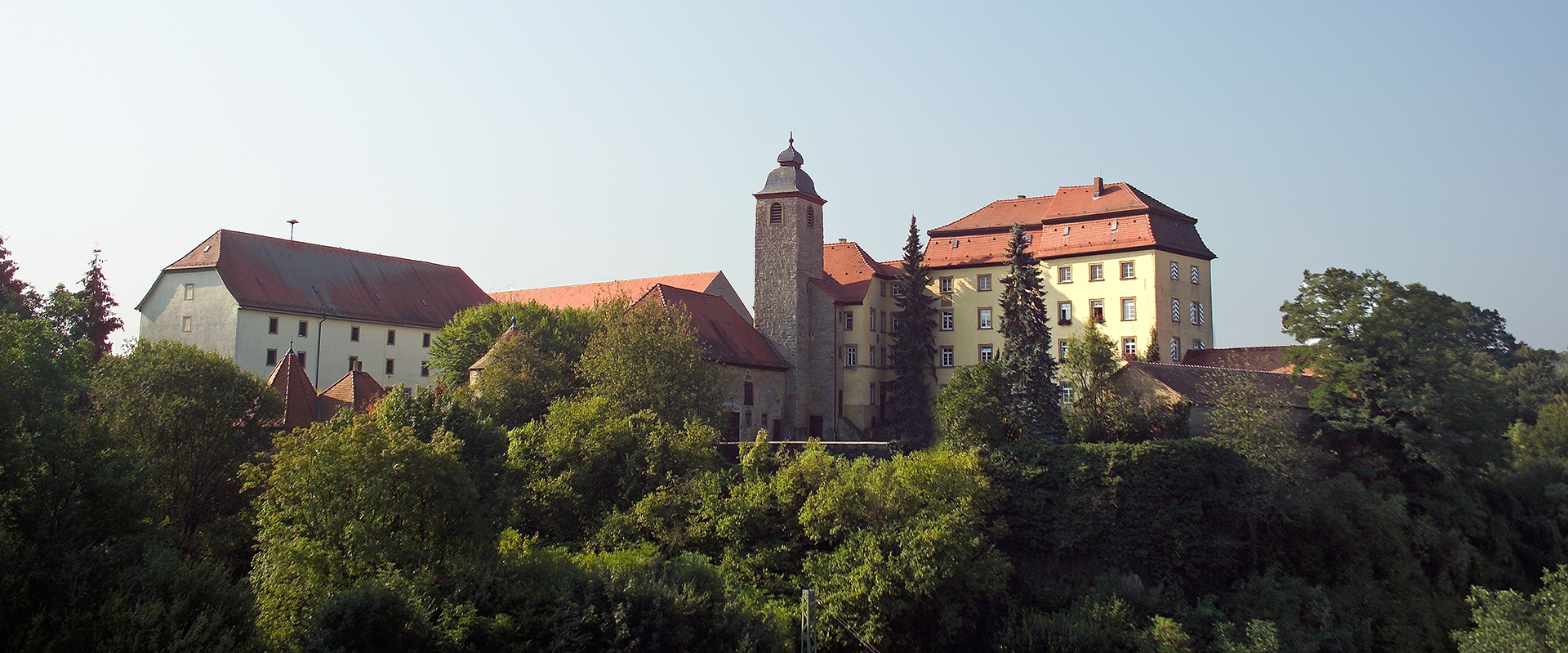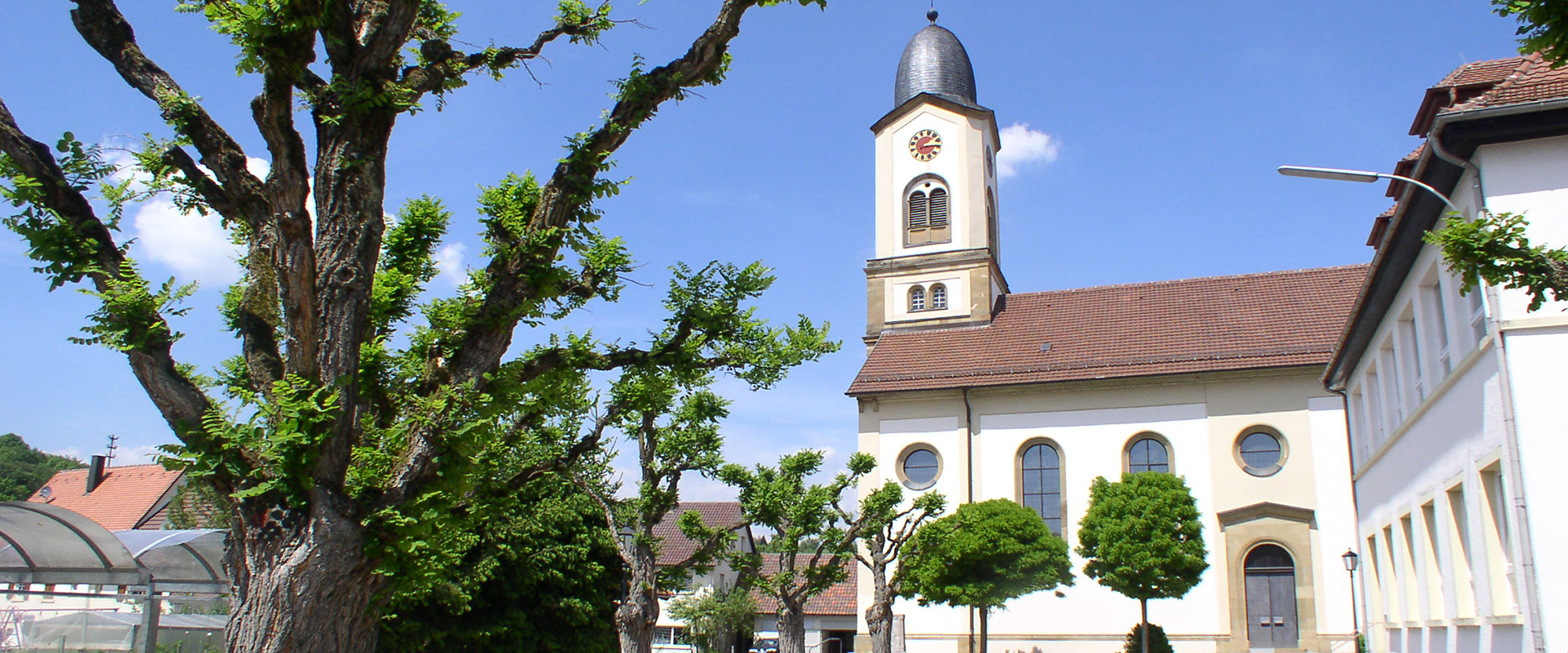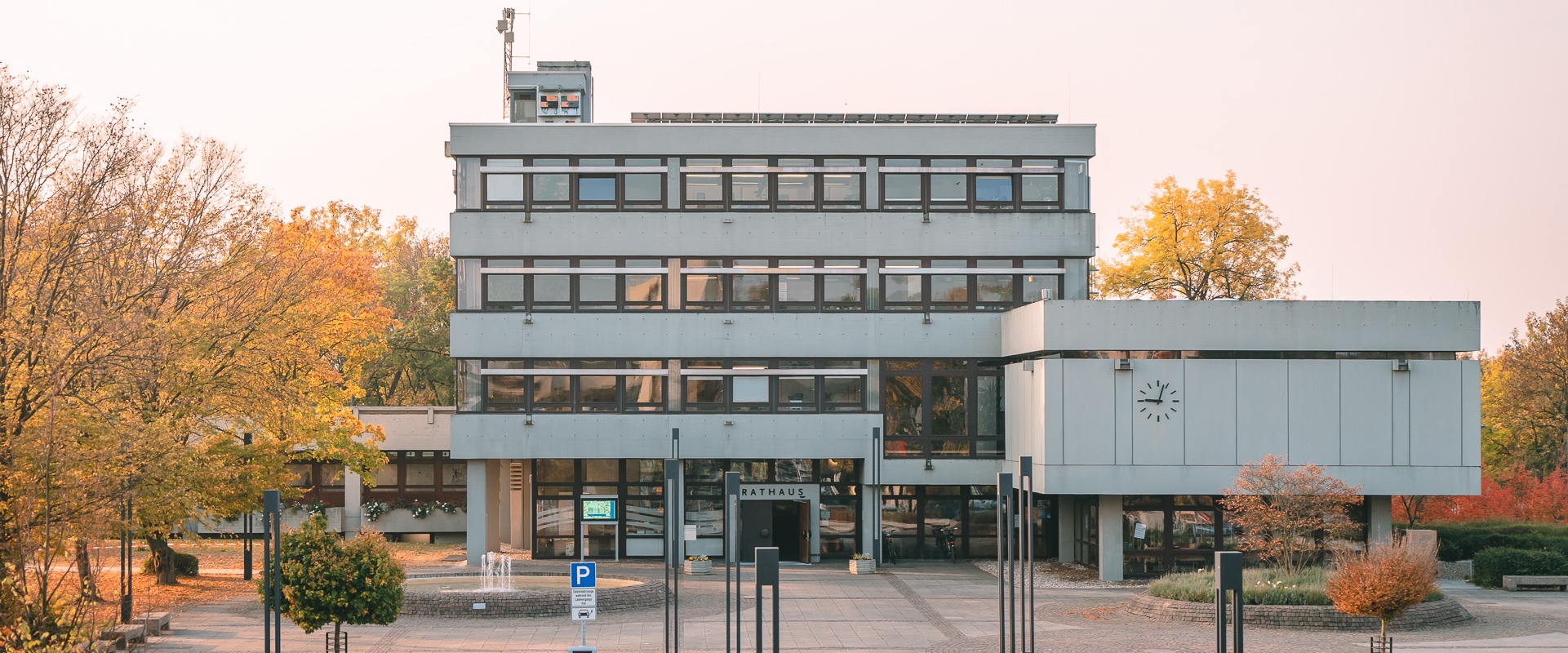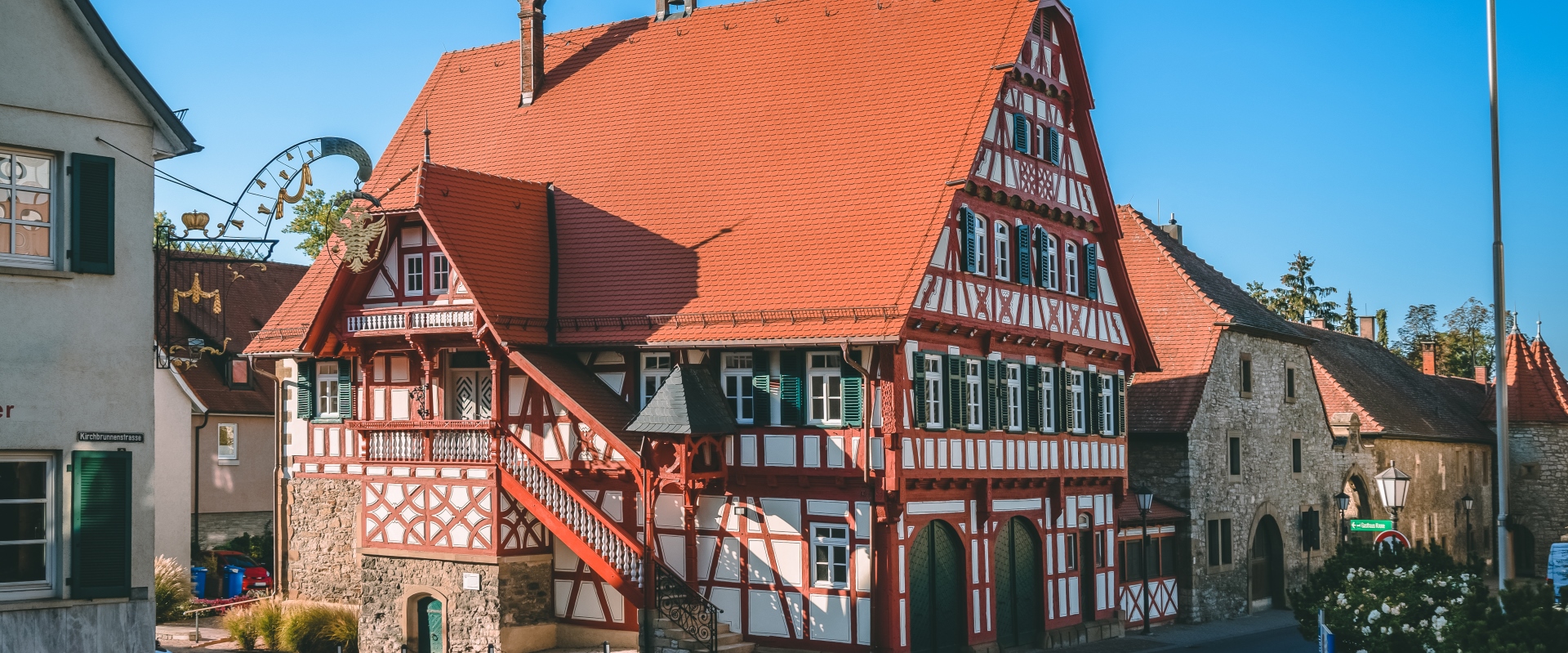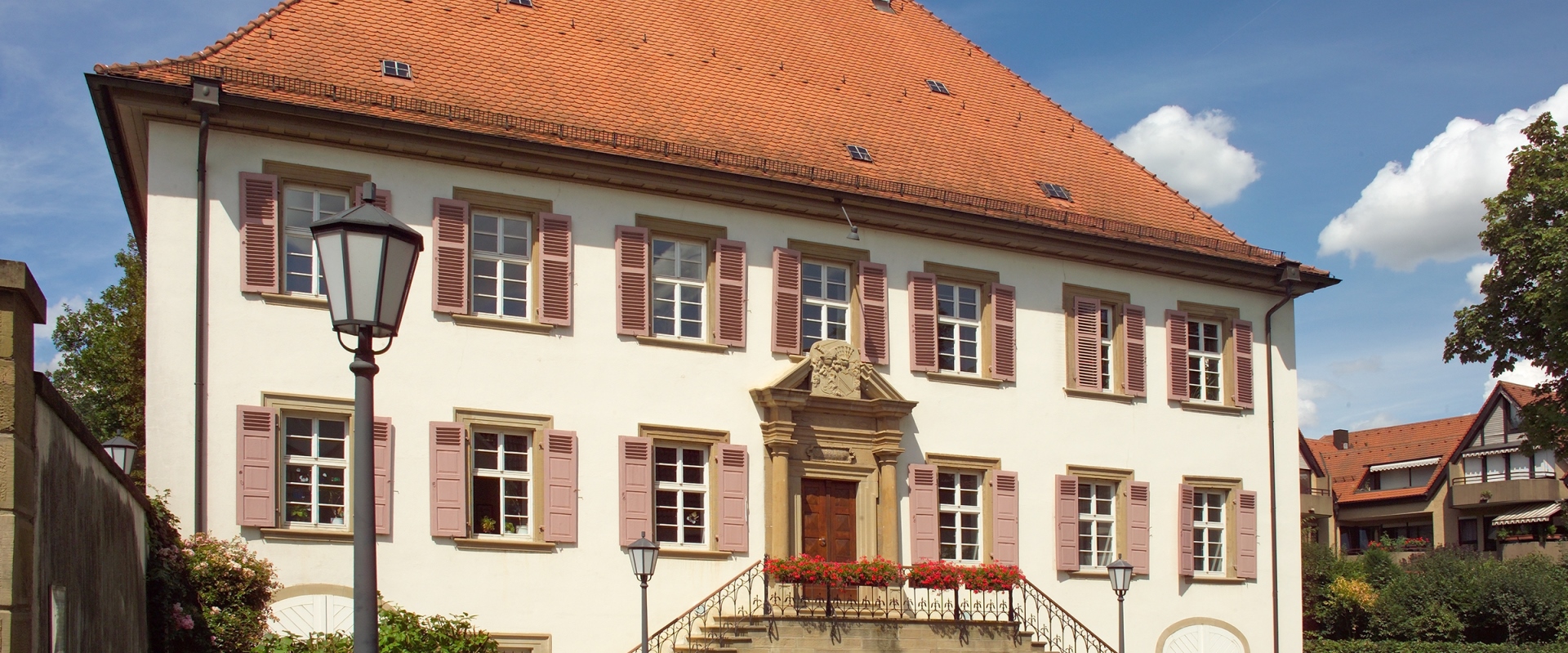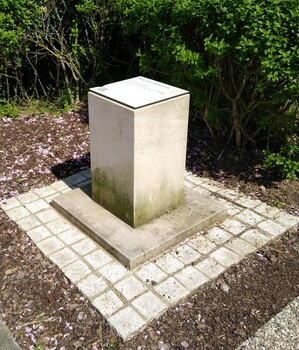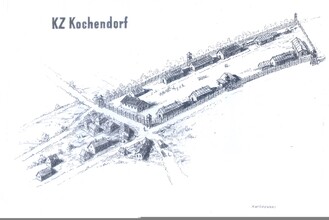In May 1944, during the final phase of World War II, the Reich Ministry of Armaments, along with armaments and construction companies, began expanding the salt mine in Kochendorf into a massive underground munitions factory. Protected from Allied bombing raids, turbines for jet fighters and numerous other military goods were to be produced there. The demand for labor was enormous. The exact number of forced and civilian workers employed at the site, which was given the secret
name Eisbär, is unknown. It is believed to have been several thousand.
In August 1944, the command of the Natzweiler concentration camp established a sub-camp in Kochendorf to supply the construction site and the armaments operation in the mine with additional labor. Nearly 200 of the concentration camp prisoners lost their lives in the process.
Traces of the vast armaments project are still visible today in the Kochendorf district of Bad Friedrichshall. The Miklos Klein Foundation for the research and documentation of the history of the Kochendorf concentration camp, together with the City of Bad Friedrichshall, has connected these locations of forced labor and arms industry into the historical trail "Path of Remembrance" and invites visitors to embark on a journey of discovery. Texts available via QR codes provide information at the authentic locations about the respective events.
The history of the Kochendorf concentration camp and the arms industry in Bad Friedrichshall remained a taboo topic for many years after World War II and faded into obscurity. The Miklos Klein Foundation has made it their mission to document the memory of the crimes of the Nazi dictatorship in Bad Friedrichshall. For this purpose, the staff conducted numerous interviews with concentration camp survivors and other witnesses, researched in archives, analyzed relevant literature, and built their own archive. Between May and October, visitors can learn about this history at the Kochendorf concentration camp memorial. It is integrated into the tour of the visitor salt mine. The "Path of Remembrance" is accessible throughout the year and will be expanded with additional stations in the future.
We thank Albert Huthmann GmbH & Co. KG for their support of this project.
City of Bad Friedrichshall and Miklos Klein Foundation.


